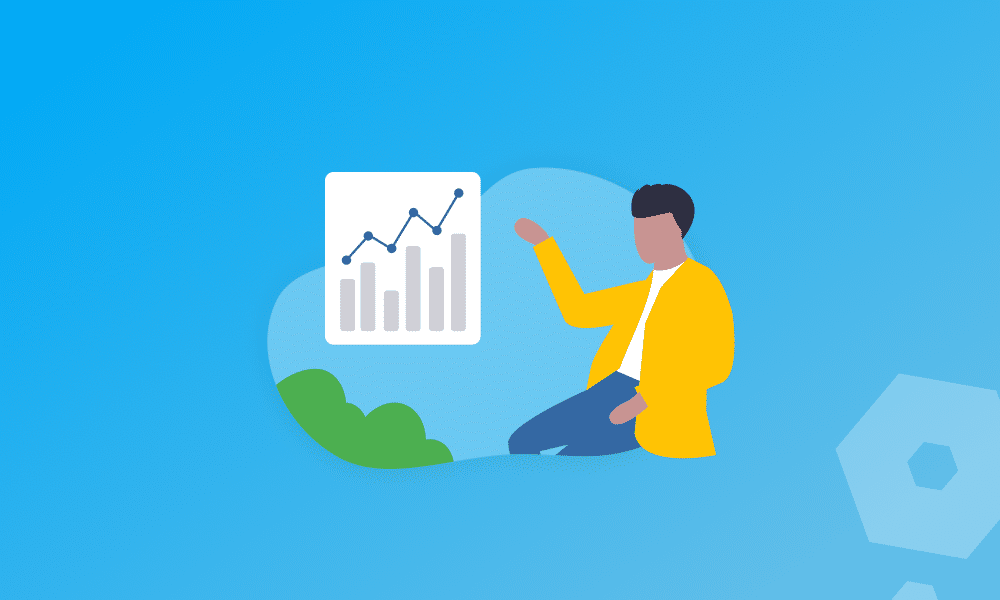To properly grasp how well your business is doing, you’ll need to produce a few different financial documents – one of them being a balance sheet. While any type of financial reporting can feel intimidating at first, your balance sheet is a useful tool which can help you understand your business’s financial health.
Let’s explore the most frequently asked questions surrounding balance sheets, and why they’re important for your business.
What is a balance sheet?
In a nutshell, a balance sheet (often referred to as ‘the statement of financial position’) is a financial record that provides you with an up-to-date snapshot of your current assets, liabilities, and shareholders’ equity at a particular point in time.
- Your assets are what your business owns
- Liabilities are anything your business owes, such as bank loans, overdrafts, or staff salaries
- Shareholders’ equity is the difference between your company’s assets and its liabilities. For instance, this shows what is available to be paid out as dividends, so it’s an important one for shareholders!
Your balance sheet is just one of the financial documents that are key to evaluating your business (alongside your income and cash flow statements).
How do balance sheets work?
Balance sheets are a great way to compare the progress you’ve made over a specific period of time. They’re also handy to show investors, because they provide an insight into your business’s financial health – for example, by looking at the debt-to-equity ratio.
You’ll record your assets, which are what your business owns – including cash in the bank, any property your business has, and any equipment. Liabilities are what you owe; think any loans you’re currently paying back, staff wages (if you have any), and – of course – taxes. Your shareholder equity is the value of what’s left once you deduct all your liabilities from your assets.
Your total assets should be equal to your liabilities plus equity. If they aren’t the same (and it isn’t due to an accounting error) it may indicate a cashflow issue. So, it’s important you check this ASAP!
Let’s say your company takes out a five-year loan for £8,000 from the bank. In your bookkeeping your assets (to be specific, your cash account) will increase by £8,000 once the loan is received.
To balance both sides of the equation, liabilities in your long-term debit account will also increase by £8,000.
How do I read a balance sheet?
Reading a balance sheet can be quite overwhelming, but when you break it down it should become much easier to digest. As we’ve mentioned previously, it’s all about your assets, liabilities, and shareholders’ equities.
Most balance sheets will go in the order of assets first, followed by liabilities and shareholder’s equity below. Or assets to the left, and liabilities and equity to the right-hand side. You should see everything in a list format, with a total number of assets, and a total of liabilities and equity at the bottom of each.
Every company or accountant may do things differently, so keep an eye out for the headings to guide you along the balance sheet.
What is shareholders’ equity?
In short ‘shareholders’ equity’ (SE) is the total net worth of a company after debt.
Your shareholders’ equity can either be positive or negative. A positive SE is ‘positive’ because it means your company has enough assets to cover its liabilities. A negative SE on the other hand, indicates your assets outweigh your liabilities.
Investors will check things like this on your balance sheet, and in most cases, will deem a negative SE as a risky investment.
Why is a balance sheet important?
A balance sheet can be a good indicator of your business’s financial health.
It can help highlight the following:
- Liquidity – your balance sheet compares your business’s current assets to its current liabilities – this shows how much cash you have available to spend.
- Efficiency – If you pair your income statement with your balance sheet, you’ll be able to see how efficiently your business uses its assets and how much revenue it generates from them.
- Leverage – Understanding how much leverage you have helps you understand any financial risks you face. You can do this by comparing the debts to the equity listed on your balance sheet.
Is there anything a balance sheet doesn’t tell me?
It’s worth remembering that you shouldn’t go off balance sheets alone when running your business. While they’re useful, you need to ensure you look at both your income and cash flow statements to paint a much clearer financial picture.
Examples of what your balance sheet doesn’t show:
| Profits and losses: | Cash flow: | Claims against assets: |
| To determine whether your business is making money, you’ll need to look at your income statements. | A balance sheet won’t show you information on cash flow coming into and out of your accounts. You’ll find this information on your cash flow statements. | Your balance sheet won’t tell you if creditors have claimed against any assets if they’re yet to be paid out. |
How many times a year should I be producing a balance sheet?
Most businesses will prepare balance sheets at the end of each quarter to compare how they did in comparison to the previous quarter – while others may do one weekly, monthly, or yearly.
How do I prepare a balance sheet?
Balance sheets can be prepared by company owners, bookkeepers, or accountants. They can be tricky, although good bookkeeping software (like our very own Pandle!) will update your financial reports automatically each time you enter or amend a transaction.
At Pandle, we make financial reporting easy. Create your free Pandle account today and see how we can help you.
